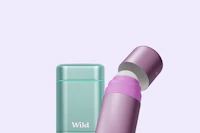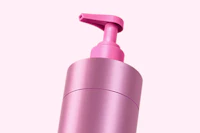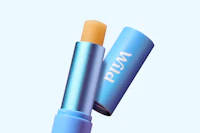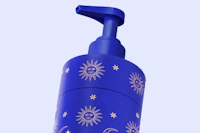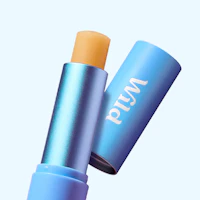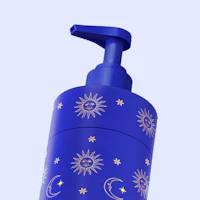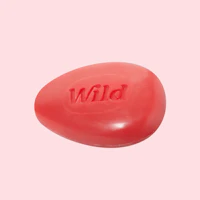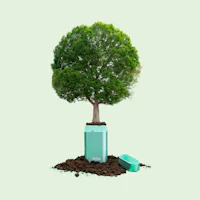- News
Zero Waste Week with Wild
👱♀️ Ella Bacon
What is Zero Waste Week?
Zero Waste Week began back in 2008 after its founder, Rachelle Strauss, witnessed the terrible 2004 Boscastle floods which swept away 100 homes and businesses. This extreme weather event opened the eyes of Rachelle’s family to the impact humans are having on the planet and they decided to invest in sustainable living to lessen their own impact. Zero Waste Week runs every year during the first full week of September and by 2018, the week had an international following of over 56 million people!
Surely you can’t get rid of all waste!
Going “zero waste” seems daunting but fear not, the aim is to reduce waste to as close to zero as possible rather than to eliminate waste altogether (although this would be the ultimate aim!). This echoes the natural ecosystem, which is incredibly efficient in reducing nearly all organic substances to reusable components - pretty cool right?
A large part of Zero Waste Week is recognising where waste should be sent. For example, food waste that ends up in a landfill will produce methane, one of the gases which contributes the most to the greenhouse effect but the same organic food waste can be used to provide nutrients for plants when it is composted. The campaign is also highly focused on the disposal of synthetic waste materials, such as plastic and non-biodegradable materials. During the week, participants are actively encouraged to reduce the use of synthetic and plastic packaging, as well as seeking alternative methods to transporting and storing food.
Zero Waste Week emphasises that there is no such place as “away”, when we throw something “away”; in fact, it goes somewhere else (usually landfill or incinerators). Instead of throwing things away, the initiative advocates thinking of ways waste can be reused or simply not created in the first place.
So how can I get involved?
There are many aspects of your life where you can start reducing the amount of waste you produce. Let’s start where the Wild mission is focused - the bathroom!
Wild’s refillable deodorant is helping to shake up the throwaway culture of deodorant products, as you don’t throw away your deodorant once you’re done with it. You simply pop the old refill out of the case and into the compost, then insert a new refill, and you’re good to go! There are loads of other easy bathroom swaps you can make. Another great product for bathroom sustainability are reusable cotton pads. Many companies now produce pads made from washable materials, such as bamboo or microfibre, which combats the issue of polluting waterways and damaging aquatic wildlife by reducing the number of pesticides used to grow the cotton entering the waterways. There are also alternatives to your favourite shower items, such as shampoo. Solid shampoo bars are great and eliminate the need to purchase multiple plastic containers. They’ve improved massively recently and we can vouch that they leave your hair feeling just as soft.
Stepping out of the bathroom
You can also reduce your waste in the kitchen and now the kids are back at school, there’s even more laundry to be done, which means even more boxes of washing powder. Companies such as smol have started to produce laundry detergents with less chemicals and plastic-free packaging - a win-win for both the environment and reducing waste! There’s also a load of zero waste shops popping up across the country. These nifty stores encourage shoppers to bring their own containers and fill them up in store, eliminating the need for single-use packaging, as well as saving the customers money! You can also look out for reusable coffee cups and water bottles!
We all know September means new trends and the cosiest winter coats coming into the shops are so hard to resist, but clothes are one of the worst waste offenders! We get it, fast fashion items are cheap and convenient but they’re not made to last and end up being quickly replaced in our wardrobe by the next trendy piece. If you’re tempted to add to your autumn wardrobe, have a look at some second hand clothing sites, such as Depop, Vinted, eBay or even Facebook Marketplace, plus second hand sales in town. You’ll find that you can pick up barely used clothes for half the retail price, and you’ll have saved that garment from sitting in landfill. If you do want to shop new, we’ve recently discovered the Good On You app which gives brands an ethics and sustainability rating based on the efforts they’re doing to be good to our planet.
For more information and fab tips on how you can reduce your waste, head over to Zero Waste Week
